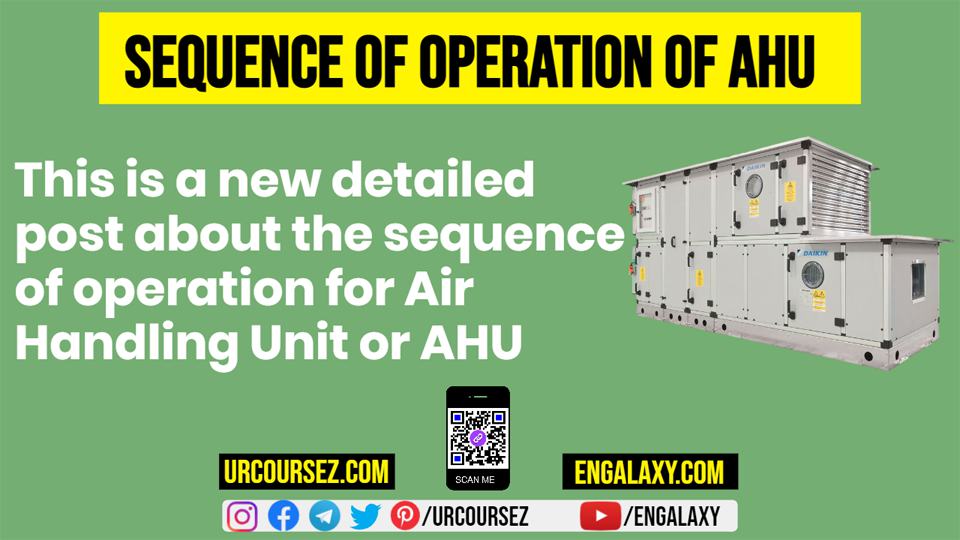With each passing day, innovation and technology are changing the aviation industry for the better. As the industry aims to become more efficient and cost-effective, there has been a growing trend towards automation. Ground handling is a crucial aspect of airport operations, and airlines are continually looking for new ways to improve the process. Air India has become the latest airline to join this trend, with the sale of its ground handling and engineering subsidiaries, which is now on track. In this blog, we will look at how handling robots can be an efficient solution for ground handling, and how they can benefit the aviation industry.

Ground Handling- A Vital Process
Efficient ground handling is essential to ensure the seamless operation of airports and airlines. This process involves various activities such as baggage handling, aircraft towing, refuelling, and cleaning of the aircraft, among others. Each of these activities requires a meticulous approach and high-quality equipment to ensure a successful operation.
The Challenges in Ground Handling
Ground handling can be a challenging process owing to its complex nature. It requires precise coordination between various entities involved in the process, such as airlines, ground handling companies, and airport authorities. Any disruption or delay in the ground handling process can significantly impact flight schedules and lead to flight delays. Furthermore, the demand for ground handling services is increasing, making it increasingly challenging for airlines to manage the process efficiently.
Handling Robots for Efficient Ground Handling
The use of handling robots can be an efficient solution to improve the ground handling process. Handling robots are designed to perform various tasks that are typically carried out by human operators. They use advanced artificial intelligence and machine learning algorithms to identify and complete tasks, which makes them faster and more accurate than humans.
Benefits of Handling Robots for Ground Handling
Handling robots offer several benefits that make them an attractive solution for ground handling:
1. Increased efficiency and productivity
Handling robots can perform multiple tasks simultaneously, which increases efficiency and productivity. This eliminates the need for multiple operators, reduces the overall operating cost, and provides a faster turnaround time.
2. Improved safety
Handling robots can perform risky and hazardous tasks, such as baggage handling, which increases safety for human operators.
3. 24/7 availability
Handling robots can operate 24/7, which eliminates time constraints and makes it easier to manage the ever-increasing demand for ground handling services.
4. Flexibility
Handling robots can be easily programmed to perform any task, making them versatile and flexible.
The Future of Ground Handling
As the aviation industry grows and evolves, the need for efficient and cost-effective solutions becomes more critical. The adoption of handling robots can be a game-changer for the ground handling process. With the ability to operate 24/7, the potential to improve productivity, and reduce cost, handling robots could revolutionize the aviation industry.
In conclusion, Air India's ground handling and engineering subsidiaries sale is a bold move towards modernizing the aviation industry. The adoption of handling robots can help airlines and ground handling companies achieve their goals of making the ground handling process more efficient, cost-effective, and safe. Handling robots are the future of ground handling, and airlines should consider implementing them to stay ahead of the curve.